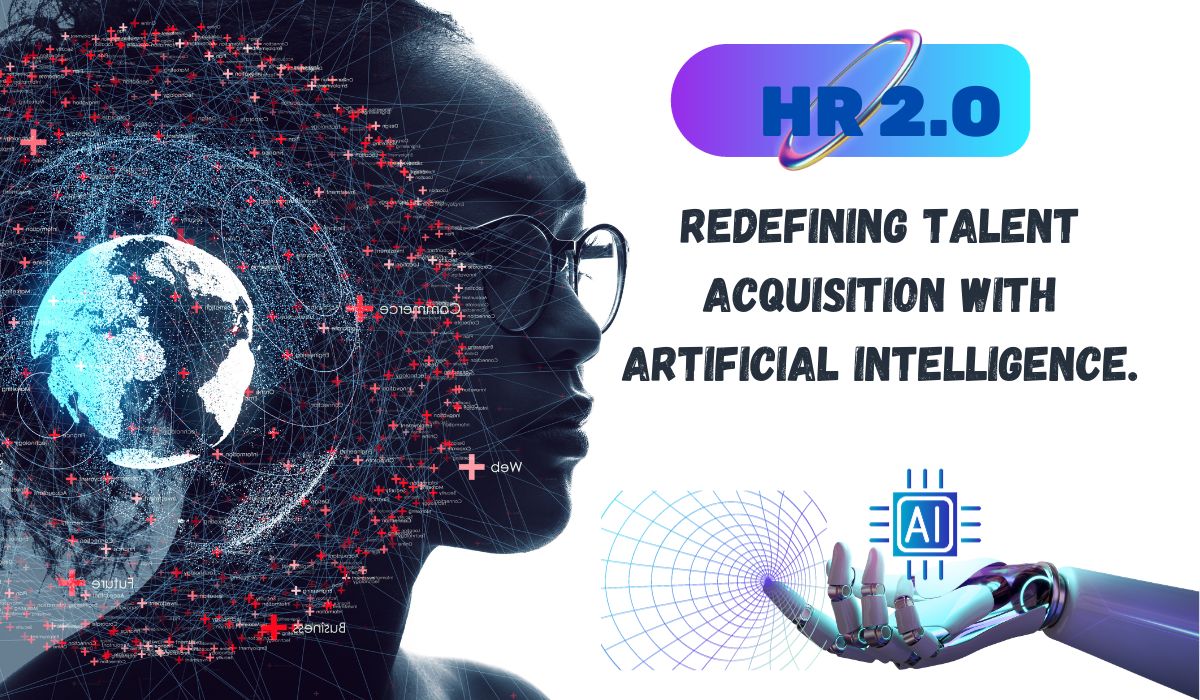
A Deloitte survey reveals that 53% of organizations are overhauling their HR programs to integrate digital technologies. In the context of India's diverse corporate landscape, companies are increasingly recognizing the importance of diversity and inclusion. Harvard Business Review reports that businesses fostering diversity generate 19% more revenue through innovation. This shift towards inclusivity enhances problem-solving and decision-making by incorporating a wide array of perspectives, underlining the crucial role of HR in this transformation.
As diversity and inclusion become pivotal in organizational success, HR plays a central role in talent acquisition, workforce management, and employee welfare. The ever-evolving responsibilities of HR are now complemented by cutting-edge technologies, with AI and ML emerging as game changers. Gartner notes that 76% of HR leaders believe adopting AI solutions within the next 12 to 24 months is essential to stay competitive in the market.
AI and ML redefine talent acquisition by automating tasks such as applicant screening and sourcing. These technologies analyze vast amounts of data to identify the best candidates, streamlining the hiring process for HR managers. Additionally, predictive recruitment powered by AI and ML aids in selecting candidates that align with organizational goals, contributing to increased retention rates and fostering diversity in hiring practices.
The candidate experience becomes a focal point for HR, with AI and ML playing crucial roles. These technologies facilitate smoother interactions with applicants, addressing queries promptly and ensuring a positive experience. By leveraging these tools, HR can engage potential employees early in the interview process, influencing their decision to commit to the organization.
Deloitte's survey indicates a significant shift, with 53% of organizations redesigning HR programs and 22% already implementing AI solutions. The future of HR lies in increased reliance on AI and ML technologies, enabling streamlined operations, heightened productivity, and improved applicant experiences. As these technologies evolve, HR professionals can anticipate accessing more sophisticated tools, empowering them to make data-driven decisions and further optimize organizational efficiency. The future of HR holds promise for enhanced talent acquisition, increased efficiency, and heightened employee satisfaction.